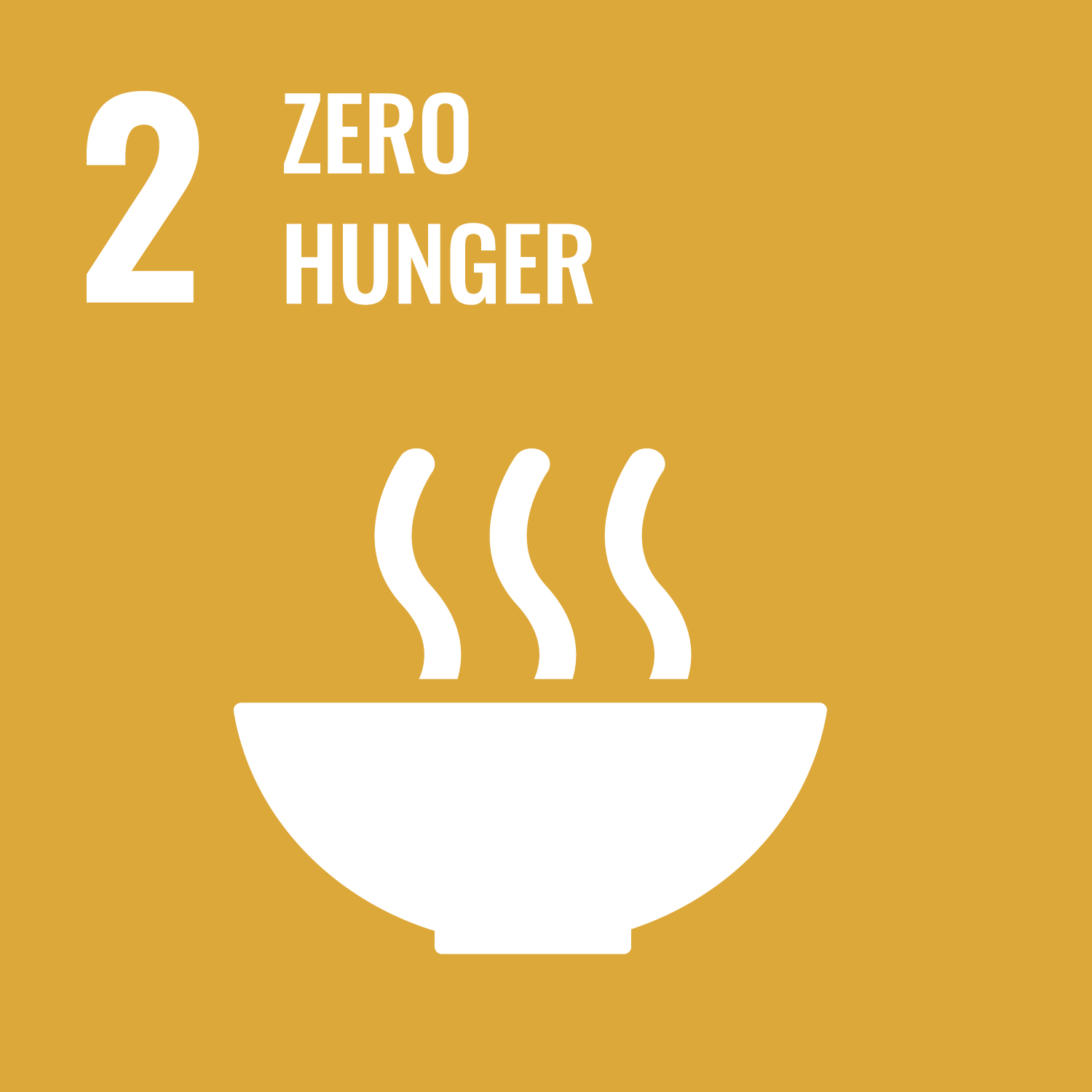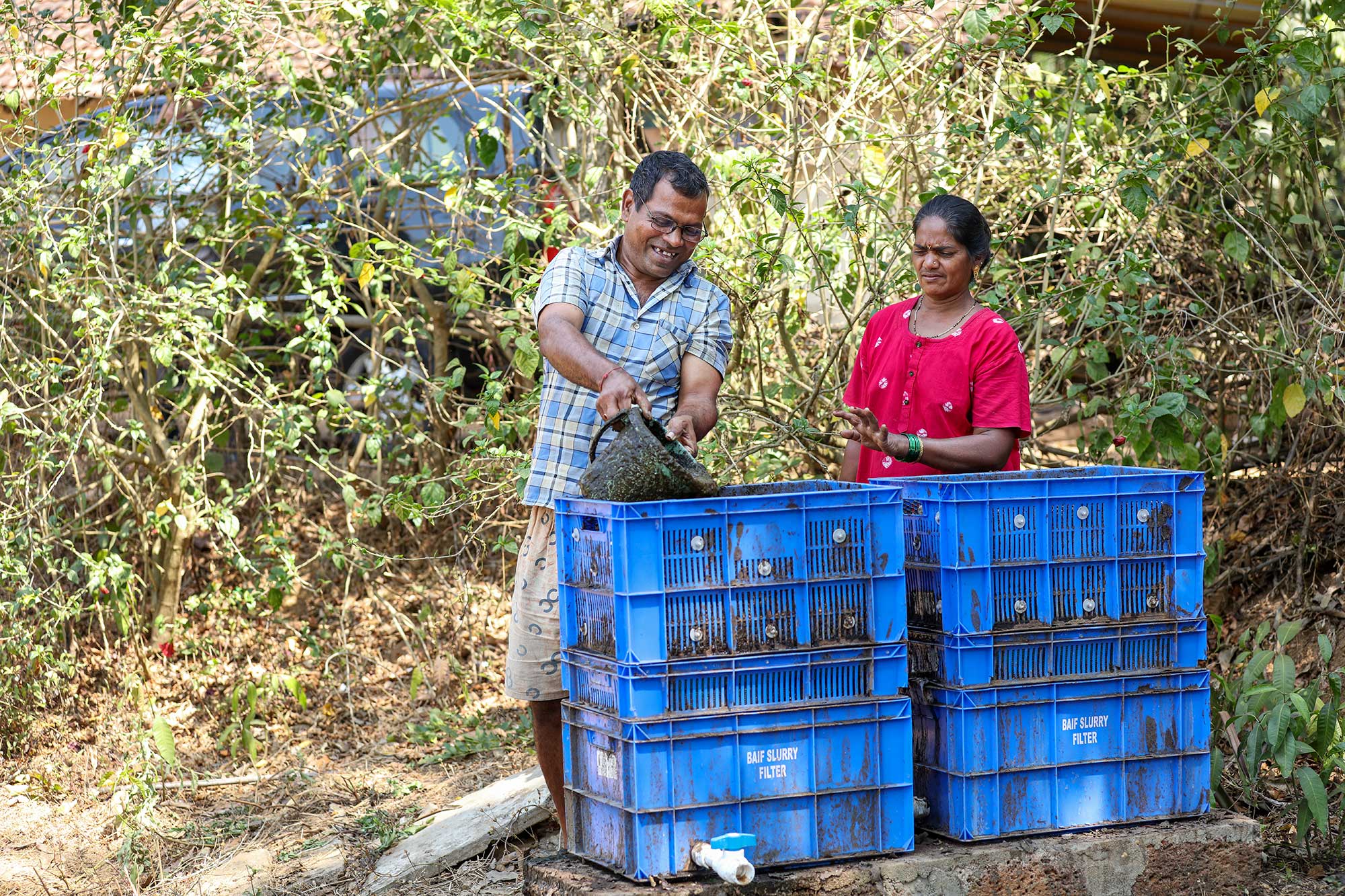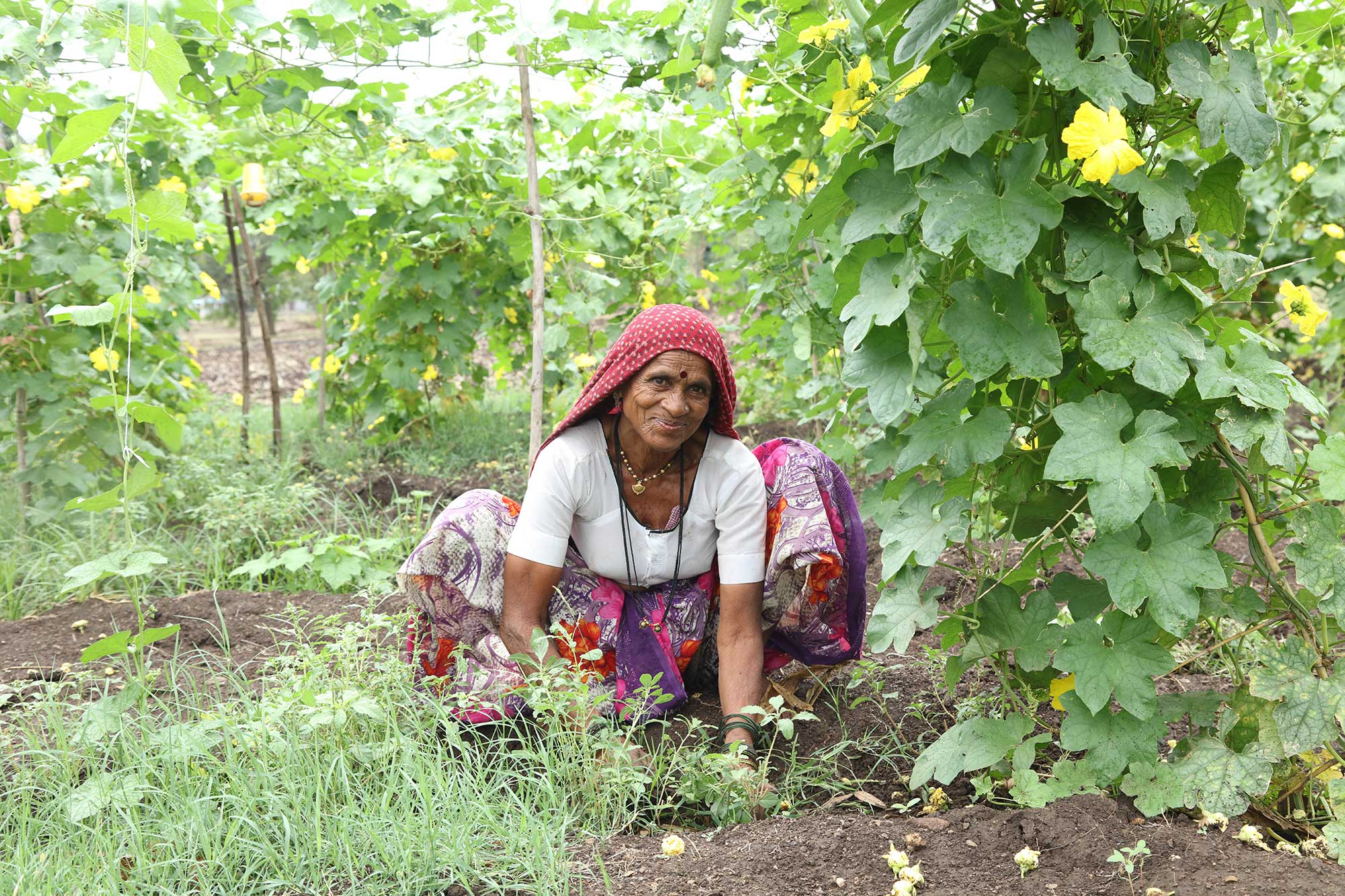Soil Protection and Rehabilitation for Food Security (ProSoil) India
OBJECTIVES
- Protect or rehabilitate 155,000 ha of land by December 2024.
- Climate-smart soil protection and rehabilitation of degraded soils in Madhya Pradesh and Maharashtra
- Introduce and implement sustainable agroecological approaches to soil protection and rehabilitation
- Ensure women farmers in the project areas apply the soil protection measures in 300 ha of kitchen gardens they independently manage
DESCRIPTION
In India, the global programme ‘Soil Protection and Rehabilitation for Food Security’ (ProSoil) is implemented by GIZ together with the National Bank for Agriculture and Rural Development (NABARD). Its other partners include non-governmental organisations and research institutions. The project receives co-funding from the EU through its DeSIRA initiative, as well as from the Bill and Melinda Gates Foundation (BMGF).
The ProSoil project is active in the Indian states of Madhya Pradesh and Maharashtra. In seven districts spread across these two states, the project works with smallholder famers, Farmer Producer Organisations (FPOs) and women’s Self-Help Groups (SHG) through capacity-building exercises, and by developing and testing innovative approaches to enhance soil organic carbon.
This is achieved through various activities and pilot projects such as recycling urban organic waste into compost for rural farmland use, using slurry from biogas plants to produce manure, introducing the use of biochar from agricultural residue in farming practices, expert advisories for farmers through digital means etc.
The project advances knowledge co-creation, sharing and capture through farmers conferences, farmer-made videos, South-South exchange, and participatory research.
APPROACH/FIELD OF INTERVENTION
- Soil protection and rehabilitation
- Soil carbon sequestration
- Climate change mitigation and adaptation
- Bioresources
- Agroecological measures
TARGETED BENEFICIARIES
HIGHLIGHT ACTIVITIES
Maharashtra
(Districts: Ahmednagar, Amravati, Dhule, Jalna, and Yavatmal)
- Promotion of bioresources among farmers: Preparation of advisories on application of urban compost/Bio-PROM/biochar/ bioinoculants for farmers and establishing demonstration plots with 30 Urban Local Bodies in Maharashtra. Additional technical support in the form of developing business models to produce and market bioresources.
- Voluntary Carbon Market (VCM): Exploring potential for VCM at two ProSoil project locations in Maharashtra
- App based digital marketing platform: development of app-based marketing platform (HARIT Ticker) for quality-checked certified urban compost.
Madhya Pradesh
(Districts: Mandla and Balaghat)
- Removal of invasive species: Demonstration of the impact and feasibility of removing invasive species Lantana Camara in Madhya Pradesh and rehabilitating the land for millet cultivation. Additional technical support in the form of developing bankable activity guidelines to support the activity and to use removed invasive species for biochar production. This contributes towards protection of soil from erosion and degradation and towards land rehabilitation.
- Digital Planning Tool: Development of a tool and approach called “e-Prakriti” for planning agroecological interventions at the landscape level. This tool and approach use GIS and remote-sensing technology.
Overall
- Developed MOOCs on Sustainable Soil Management in collaboration with MANAGE.
- Established Community Nutrition Gardens with women’s Self-Help Groups (SHGs).
- Established the Indian Bioresources and Biochar Network (IBBN)
- Digital Advisories: Establishing digital platforms with MANAGE (at National level called NiceSSM) and with State agricultural universities in Maharashtra and Madhya Pradesh to connect experts from Agricultural Universities with farmers on the field for real-time agriculture advisory.
PUBLICATIONS
- Business Model for Bio-PROM
- Integrated Approaches for Bioresource Circularity Towards Agroecological Transformation in India
- Proposed Activity Guidelines on Invasive Species Removal and Management
- Urban Compost Business Model
- Urban-Rural Nutrient & Carbon Cycle (URNCC)
- Factsheet: Soil Protection and Rehabilitation for Food Security (ProSoil) India
VIDEO
https://www.youtube.com/@soilmatters_GIZ_India/featured
SUCCESS STORIES
Under the ProSoil project, country package India worked with Urban Local Bodies (ULBs) and Farmer Producer Organisations (FPOs) in Maharashtra to establish a business model and supply chain for converting organic wet waste from urban centres into tested, certified, ready-to-use urban compost for rural farms.
The intervention not only made quality compost easily available to farmers in the region, it also established urban-rural carbon and nutrient circularity – from farm to plate to garbage and back to farm.
This ProSoil India intervention started with the a select few districts of the state of Maharashtra. The State Urban Development Department and the National Bank for Agriculture and Rural Development collaborated. Regional FPOs promoted and marketed the urban compost.
This experiment, which started there in 2020, is now active in all districts of Maharashtra. Between January and October 2023, 200 Urban Local Bodies in Maharashtra have sold around 47,000 tonnes of certified urban compost to farmers through various channels. The Maharashtra state government has taken an active role in certifying the compost for quality control, under its brand “HARIT: MahaCity Compost”.
“We had no idea what organic urban compost was, initially. We felt a bit uneasy with it. The first time around, we applied the compost to a small area. Later, when compared to the part where it was not used, we could see the difference…in the green colour of the crops and its growth. The soil became friable, and less compacted. Water drained into the soil well, due to which the crops could better receive the nutrients from the soil and could develop to their full potential. Which in turn improved the harvest.” //Mr. Ashok Zungaji Phalke, farmer from Ahmednagar, Maharashtra
ProSoil India supported 4,662 women-owned homestead gardens until 2022, with support from local NGOs. This was in response to gender disparity observed on the ground when it came to recognition and compensation of women farmers.
In the project intervention areas, women were typically not considered “farmers” because many women don’t own land. Instead, they were labelled as “cultivators.” As a result, many women could not avail Government schemes targeted at farmers.
The ProSoil project interventions focused on engaging with women farmers at “Mahila Sabha” meetings, I.e., meetings of local women’s groups. Here, they were imparted technical knowledge on agro-ecological farming practices as well as on inputs and tools to manage homestead gardens. This training was coupled with nutrition and food preparation sessions.
Women farmers employing this training in their homestead gardens directly contributed to their household income. In the state of Madhya Pradesh, the Mahila Sabha interventions also helped women farmers seek and receive formal registration and recognition. Eventually, this success generated higher interest from other families in project villages to establish such gardens.
“We don’t have so much money that we can buy vegetables for ourselves from the market. We then earn out of our own hard work. Now if we apply chemical fertilisers then our money would go in vain and we shall fall ill after eating those vegetables. We use biofertilisers. It is good for our health. When the yield is in excess, we give some to our neighbours and the rest is taken to the market for selling. Since we grow different kinds of vegetables, even if one doesn’t give sufficient yield, the other definitely will.”// Ms. Nainkunwar Meravi, farmer from Umardehi village in Madhya Pradesh.
COUNTRY
India
DURATION
May 2015 - Dec 2023
Commission Agency
BMZ
SDG







